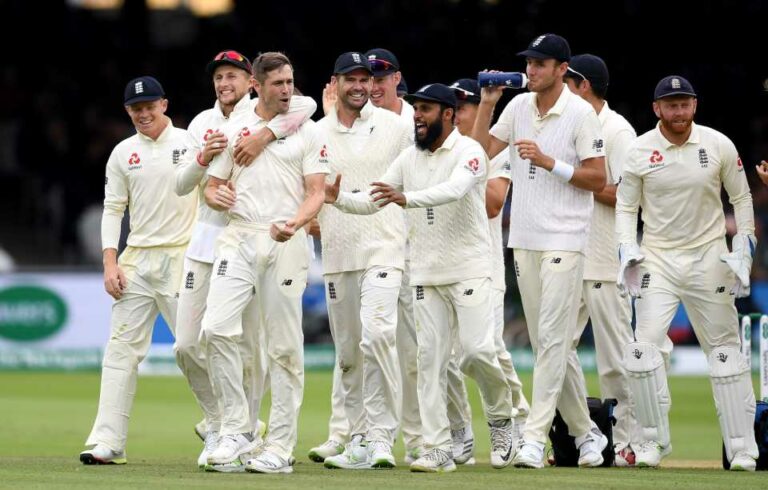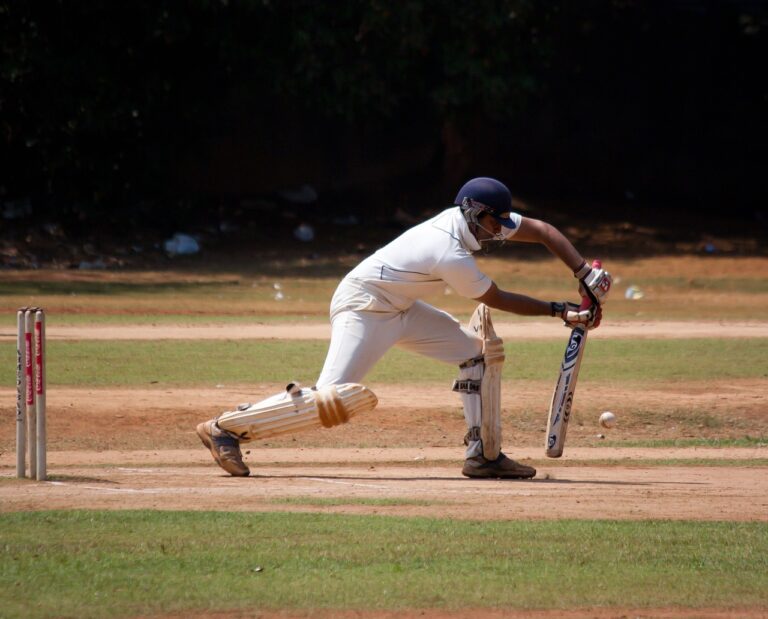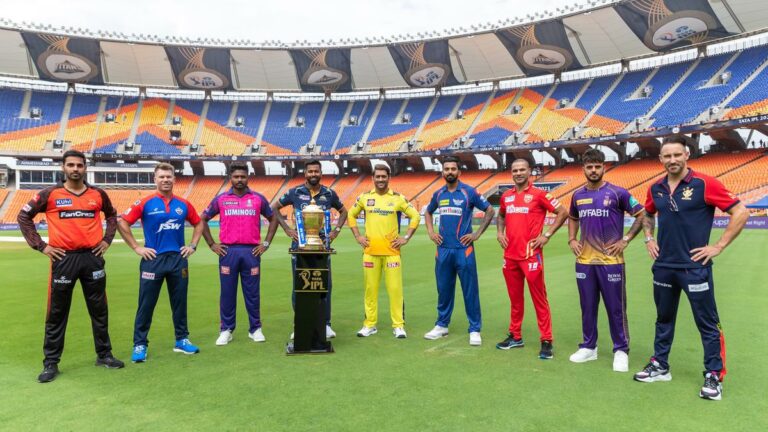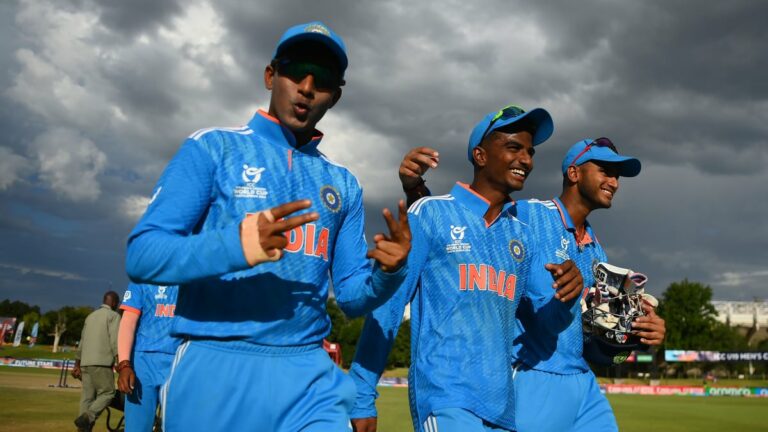Exploring the Influence of Confirmation Bias on Sports Betting Decisions
Play99exch, 11xplay: Confirmation bias is a cognitive bias that involves individuals favoring information that confirms their existing beliefs or hypotheses. This bias can lead people to seek out and interpret information in a way that aligns with what they already thinkwhile disregarding or downplaying contradictory evidence. This phenomenon can occur consciously or unconsciouslyimpacting various aspects of decision-making processes.
In everyday lifeconfirmation bias can influence how people perceive and analyze informationleading to a skewed understanding of situations or issues. By being aware of this bias and its potential effectsindividuals can strive to approach new information and decision-making processes with a more open and critical mindset.
The Role of Confirmation Bias in Decision Making
Confirmation bias plays a significant role in decision making as it influences individuals to seek out information that aligns with their pre-existing beliefs or opinions. This cognitive bias can lead people to ignore or dismiss evidence that contradicts their viewpointsultimately affecting the quality of their decision-making process. By selectively focusing on information that confirms their existing beliefsindividuals may overlook important data that could provide a more comprehensive understanding of the situation at hand.
Moreoverconfirmation bias can also contribute to individuals making hasty judgments or premature decisions without fully considering all available information. This tendency to favor information that supports one’s beliefs can create a narrow perspectivelimiting the ability to objectively evaluate different options and potential outcomes. As a resultindividuals may unintentionally overlook valuable insights or alternative viewpoints that could lead to more informed and effective decision making.
How Confirmation Bias Impacts Sports Betting
Confirmation bias is a pervasive phenomenon that significantly impacts sports betting decisions. When individuals engage in sports bettingthey often seek out information that supports their preconceived notions or desired outcome while overlooking conflicting evidence. This tendency can lead to skewed perspectives and poor decision-makingultimately affecting the accuracy of their bets.
Moreoverconfirmation bias in sports betting can result in overconfidence and irrationality. Bettors may become overly confident in their predictionsdismissing any information that contradicts their initial beliefs. This can lead to impulsive betting behavior and increased financial risksas individuals may ignore warning signs and make decisions based on biased interpretations of data.
Strategies to Mitigate Confirmation Bias in Sports Betting
One effective strategy to mitigate confirmation bias in sports betting is to seek out diverse sources of information before making a decision. Instead of solely relying on one perspective or data pointconsider consulting a variety of expertsanalystsand statistical sources to gather a well-rounded view on the event or game you are betting on. By exposing yourself to different viewpointsyou can challenge your own biases and make a more informed and objective decision.
Another helpful strategy is to actively seek out disconfirming evidence that goes against your initial beliefs or hypotheses. In sports bettingthis could mean intentionally looking for data or analysis that contradicts your current leanings or predictions. By consciously seeking out information that challenges your existing viewpointsyou can counteract the tendency to only seek out information that confirms your preconceived notions. This approach can help you make more rational and unbiased decisions when placing bets on sports events.
Common Misconceptions About Confirmation Bias
Many people believe that confirmation bias only affects individuals with a lack of intelligence or critical thinking skills. Howeverthis is a common misconception. Confirmation bias can impact anyoneregardless of their intellect or rationality. It is a cognitive bias that is ingrained in human nature and can influence decision-making processes across all levels of society.
Another misconception about confirmation bias is that it is a deliberate and conscious act. In realitymost of the timeindividuals are not even aware that they are falling victim to confirmation bias. It often occurs unintentionally and automaticallyleading individuals to seek out information that aligns with their preexisting beliefs and dismissing evidence that contradicts them. It is important to recognize that confirmation bias can subtly influence our perceptions and judgments without us even realizing it.
Recognizing Confirmation Bias in Sports Betting Decisions
Recognition of confirmation bias in sports betting decisions is crucial for bettors seeking to make informed and rational choices. One common sign of confirmation bias is when individuals actively seek out information that aligns with their existing beliefs or preferences while dismissing conflicting data without proper consideration. This selective processing of information can lead to distorted judgments and overconfidence in the accuracy of one’s predictions.
Moreoverbettors may exhibit confirmation bias when they interpret ambiguous or uncertain outcomes in a way that supports their initial assumptions or expectations. This tendency to favor information that confirms preconceived notions can hinder objective analysis and impede the ability to adapt to new information or adjust betting strategies accordingly. By recognizing these patterns of biased thinkingsports bettors can take proactive steps to mitigate the impact of confirmation bias on their decision-making processes.
The Psychological Factors Behind Confirmation Bias
Confirmation bias is heavily influenced by several psychological factors that play a significant role in shaping individuals’ decision-making processes. One crucial factor is the human tendency to seek out information that aligns with preexisting beliefs or opinionswhile simultaneously disregarding or downplaying any contradictory evidence. This cognitive bias often leads individuals to interpret new information in a way that confirms their existing beliefsreinforcing a self-perpetuating cycle of biased thinking.
Moreoverindividuals tend to experience a sense of cognitive dissonance when confronted with information that challenges their beliefs or decisions. In order to reduce this discomfortpeople may subconsciously filter out conflicting information or rationalize it in a way that aligns with their existing beliefs. This mental process helps individuals maintain a sense of consistency and coherence in their beliefseven if it means ignoring evidence that may contradict their initial assumptions.
Case Studies on Confirmation Bias in Sports Betting
In one case studya sports bettor consistently placed large wagers on their favorite team regardless of the odds or statistics. Despite a long losing streakthe bettor continued to justify their decisions by only focusing on instances where their team had won in the past. This confirmation bias ultimately led to significant financial losses and hindered the bettor’s ability to make informed decisions.
In another case studya sports bettor fell into the trap of anchoring bias when making betting decisions. After reading a favorable article about a particular team’s chances of winningthe bettor fixated on this information and disregarded any contradictory evidence. As a resultthe bettor placed all their bets on this teamignoring critical factors such as injuries and past performance. This narrow focus on information that supported their initial belief led to disappointing outcomes in their betting strategy.
• Despite a long losing streakthe bettor continued to justify their decisions by only focusing on instances where their team had won in the past.
• This confirmation bias ultimately led to significant financial losses and hindered the bettor’s ability to make informed decisions.
• After reading a favorable article about a particular team’s chances of winningthe bettor fixated on this information and disregarded any contradictory evidence.
• The bettor placed all their bets on this teamignoring critical factors such as injuries and past performance.
• This narrow focus on information that supported their initial belief led to disappointing outcomes in their betting strategy.
The Link Between Confirmation Bias and Emotional Decision Making
Confirmation bias and emotional decision making are closely intertwined conceptsoften influencing each other in various contexts. When individuals display confirmation bias in their decision-making processesthey tend to seek out information that supports their preexisting beliefs or emotions. This bias can lead to a reinforcement of emotionscausing individuals to become even more confident in their judgments and decisionsregardless of conflicting evidence. Consequentlyemotional decisions are often driven by the need to maintain a sense of consistency and security in one’s beliefseven if they are based on biased information.
Furthermoreemotions play a significant role in intensifying confirmation biasas individuals may subconsciously prioritize information that aligns with their emotional state or desires. In the context of sports bettingemotional decision making can be particularly detrimental when combined with confirmation biasas it can cloud judgment and lead individuals to overlook contradictory evidence. By understanding the intricate relationship between confirmation bias and emotional decision makingindividuals can better identify and mitigate the impact of these cognitive biases in their sports betting strategies.
Tips for Overcoming Confirmation Bias in Sports Betting
To overcome confirmation bias in sports bettingit is crucial to seek out opinions and information that challenge your existing beliefs. Engaging with diverse sources can help you gain a more comprehensive understanding of the factors influencing your decisionsultimately leading to more balanced judgments when placing bets. Additionallykeeping a record of your bets and the reasoning behind them can provide insight into your thought processes and help identify any patterns of biased thinking.
Another effective strategy to combat confirmation bias in sports betting is to actively seek out feedback from others. By discussing your ideas and decisions with peers or experts in the fieldyou can gain valuable perspectives that may highlight any biases you may not have been aware of. Constructive criticism and differing opinions can serve as valuable tools in refining your decision-making process and mitigating the impact of confirmation bias on your betting strategies.
What is confirmation bias?
Confirmation bias is the tendency to search forinterpretfavorand recall information in a way that confirms one’s preexisting beliefs or hypotheses.
How does confirmation bias impact sports betting?
Confirmation bias can lead sports bettors to seek out information that supports their initial predictions while ignoring or dismissing contradictory evidence. This can result in poor decision making and ultimatelyfinancial losses.
What are some strategies to mitigate confirmation bias in sports betting?
Some strategies to mitigate confirmation bias in sports betting include diversifying information sourcesseeking out opposing viewpointskeeping a record of past decisionsand being open to changing your initial predictions based on new evidence.
How can I recognize confirmation bias in my sports betting decisions?
You can recognize confirmation bias in your sports betting decisions by being aware of your own preconceived beliefsactively seeking out contradictory evidenceand regularly evaluating your decision-making process.
What are some tips for overcoming confirmation bias in sports betting?
Some tips for overcoming confirmation bias in sports betting include staying open-mindedbeing willing to change your initial predictionsseeking out diverse perspectivesand regularly reassessing your decision-making process.







